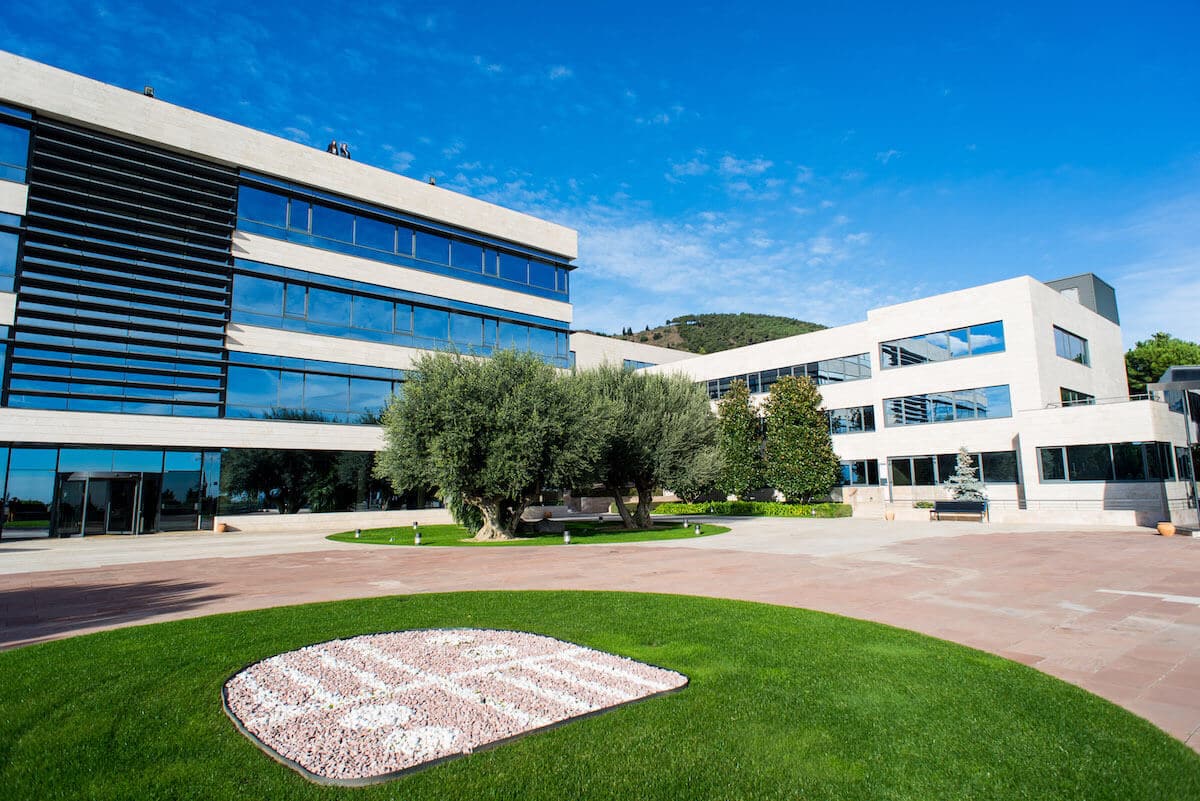In accordance with the institutional agreement between the Social Trends Institute and IESE Business School to cooperate in supporting and disseminating forward-thinking scholarly research, STI is pleased to award grants to three important IESE-led projects to begin during the 2022-23 academic year. For the third consecutive year, IESE’s Research Division invited research proposals addressing topics in an international context within the three STI focus areas: The Future of Work, Technology and Ethics, and The Thriving Society. From the many applications demonstrating clear intellectual merit and impact, STI’s Executive Committee chose those that best align with its own foundational mission and promise to inform debate and action concerning emerging global social trends and their effects on human communities.
The projects selected this year for STI financial and institutional support are (in alphabetical order by lead researcher):
Led by principal researcher John Almandoz, Professor in the Department of Managing People in Organizations, the “Plural Institutions in a Sustainable Society” project encompasses several target projects focusing on sustainable societies and on business leadership attuned to broad societal institutions. The first will explore cross-institutional governance to explain how societies evolve as different institutions serve as checks and balances for one another. A second sub-project will study in depth how corporate purpose can help organizations relate fruitfully with their external environment. IESE Assistant Professor of Entrepreneurship Jeroen Neckebrouck is to be the main researcher for the third set of targets under the framework of institutional logics, using a quantitative data set on the employment practices of various family and non-family firms in Belgium. Professors Almandoz and Neckebrouck will be aided by external team members from HEC, the University of Miami, Georgia State University, and the Eindhoven University of Technology.
Mireia Giné, Associate Professor in IESE’s Financial Management Department, received the grant in support of the “AI Adoption and Firm Performance: The role of Management versus IT Teams” project. The investigation aims to address yet unanswered questions regarding the role of management in AI adoption and in ensuring the benefit of AI deployment for firm performance. It will examine the impact of such adoption on three aspects of firm performance: growth, productivity, and investment decisions. Further, the study will explore whether the impact on firm outcomes and policies stems from the AI adoption among management ranks or from the IT teams with AI expertise. IESE associate professor of strategic management Sampsa Samila, and PhD candidate Liudmila Alekseeva will support Professor Giné’s research.
Finally, Professor and Head of the Financial Management Department Carles Vergara-Alert will lead the project “Towards a Green Economy: Climate-Related Physical & Transitional Risk in Real Estate.” The project aims to fill a void in research on the effects of climate risk in the real estate markets and on the management of physical and transition risks to a green economy by using big data to help academics and practitioners understand and quantify these effects. Based on both theoretical work and data analytics, the project will provide new models and empirical analyses to change the way finance and real estate researchers think about the effects of climate change and to identify new issues relevant to the transition to a green economy in a rapidly evolving world.
